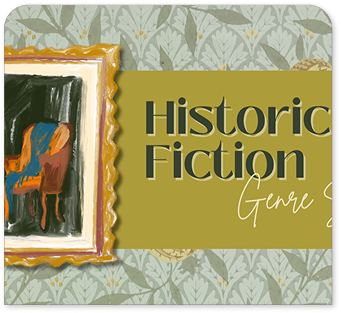-
Mon-Fri: 10AM to 8PM 01722665665
-
My Account
-
-
0
Total :
₹ 0.00

Indian Government and Politics by J.S. Badyal is an essential Political Science textbook for BA 2nd Year, 3rd Semester students at Panjab University, Chandigarh. Published by Raj Publisher, this comprehensive guide delves into the foundational aspects of the Indian Constitution, including federalism, fundamental rights, and the roles of key institutions such as the President, Parliament, and Supreme Court.
The book is designed to provide students pursuing a BA in Political Science with a comprehensive understanding of the Indian political system, its mechanisms, and principles, particularly for those in their 2nd year, 3rd semester at Panjab University Chandigarh.
The book is written in Punjabi, catering specifically to the educational needs of Punjabi-medium students for clarity and accessibility.
The book covers a wide range of topics, including the basic features of the Indian Constitution, the Preamble, Indian federalism, Centre-State relations, Fundamental Rights and Duties, the roles of key constitutional offices (President, Parliament, Supreme Court, etc.), and the governance structures at both central and state levels.
Yes, the content is designed to align with the syllabus prescribed by Panjab University for the Political Science curriculum.
The book includes a variety of short answer type questions to reinforce learning as well as the University Question Paper from November 2023 for practice and understanding of the exam pattern.
While tailored for Panjab University Chandigarh, the comprehensive content may still be beneficial for any student studying Indian politics or governance.
The book is organized into 15 chapters and categorized into four units, each focusing on different aspects of the Indian political framework to facilitate a structured learning experience.
Yes, while primarily targeted at undergraduate students, the material covered can also be relevant for those preparing for competitive exams related to Indian polity and governance.
The book includes short answer questions and a model university question paper that provides insights into examination areas, making it a practical learning tool for students.
It is advisable to check the book directly for the presence of any glossary or references, which can assist students in understanding key terms and concepts.
The book is designed to provide students pursuing a BA in Political Science with a comprehensive understanding of the Indian political system, its mechanisms, and principles, particularly for those in their 2nd year, 3rd semester at Panjab University Chandigarh.
The book is written in Punjabi, catering specifically to the educational needs of Punjabi-medium students for clarity and accessibility.
The book covers a wide range of topics, including the basic features of the Indian Constitution, the Preamble, Indian federalism, Centre-State relations, Fundamental Rights and Duties, the roles of key constitutional offices (President, Parliament, Supreme Court, etc.), and the governance structures at both central and state levels.
Yes, the content is designed to align with the syllabus prescribed by Panjab University for the Political Science curriculum.
The book includes a variety of short answer type questions to reinforce learning as well as the University Question Paper from November 2023 for practice and understanding of the exam pattern.
While tailored for Panjab University Chandigarh, the comprehensive content may still be beneficial for any student studying Indian politics or governance.
The book is organized into 15 chapters and categorized into four units, each focusing on different aspects of the Indian political framework to facilitate a structured learning experience.
Yes, while primarily targeted at undergraduate students, the material covered can also be relevant for those preparing for competitive exams related to Indian polity and governance.
The book includes short answer questions and a model university question paper that provides insights into examination areas, making it a practical learning tool for students.
It is advisable to check the book directly for the presence of any glossary or references, which can assist students in understanding key terms and concepts.


